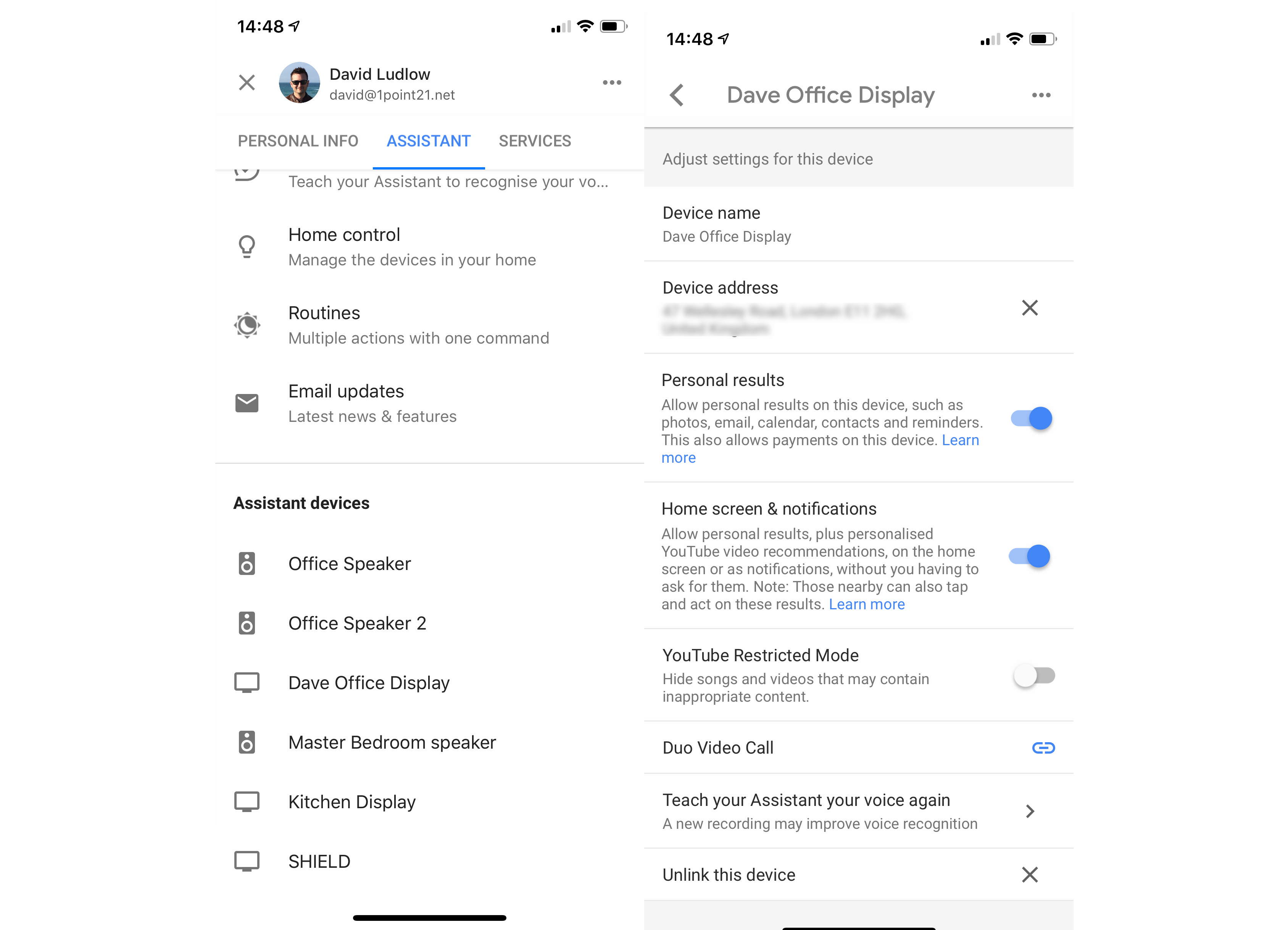

Offline Access for Duo on macOS does not yet work with security keys.Touch ID is not a valid factor for the Duo macOS application.Duo Factor Supportĭuo for macOS supports these factor types for online two-factor authentication: Apple Silicon M Series Supportĭuo for macOS versions 2.0.0 and later include Apple M1 support. See Duo Knowledge Base article 7546 for additional guidance. If your organization requires IP-based rules, please review Duo Knowledge Base article 1337.Įffective June 30, 2023, Duo will no longer accept TLS 1.0 or 1.1 connections or support insecure TLS/SSL cipher suites. This application communicates with Duo's service on SSL TCP port 443.įirewall configurations that restrict outbound access to Duo's service with rules using destination IP addresses or IP address ranges aren't recommended, since these may change over time to maintain our service's high availability. Consider updating to a newer version of macOS still supported by Apple. 11.0 (Big Sur) - first supported in 1.1.0Īs of Duo release 2.0.0, these macOS versions were not tested and may not work in the future.12.0 (Monterey) - first supported in 1.1.0.12.3 (Monterey) - First supported in 1.1.1.13 (Ventura) - First supported in 2.0.0.System Requirementsĭuo's Mac authorization plugin 2.0.0 supports macOS 10.15 (Catalina) and later versions, which includes: Once installed, Duo authentication is required for new console logons, but not when unlocking the screensaver or when an already logged-on user wakes the system from sleep. Looking for SSH login protection? Try Duo Unix.

Duo for MacOS doesn't add 2FA for remote SSH connections. Be sure to read through these instructions before you download and install Duo for macOS.ĭuo Authentication for macOS add Duo two-factor authentication to macOS local console logins.


 0 kommentar(er)
0 kommentar(er)
